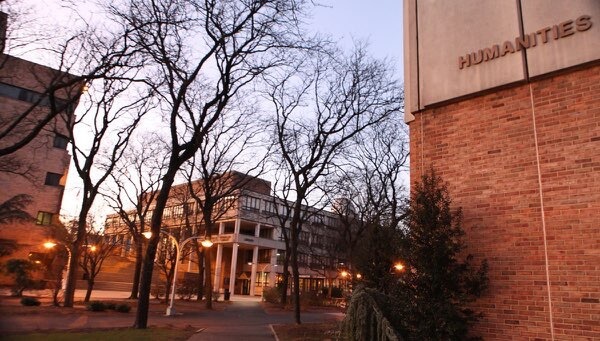By Gina Martinez
In an effort to boost graduation rates at community colleges, Congresswoman Grace Meng (D-Flushing) introduced the “Community College Student Success Act.”
The legislation would provide funding to public community colleges across the country to administer support that struggling students need to succeed. According to Meng, though community colleges enroll almost 40 percent of the undergraduates in the country, only 20 percent of full-time community college students manage to graduate within three years.
The funding would support academic advising, career counseling, and flexible financial assistance tailored to the needs of individual students.
Meng said the goal of the legislation is to replicate the success of the Accelerated Study in Associate Programs (ASAP), a program that first began at the City University of New York and was piloted at Queensborough Community College in Bayside.
“I’m proud to introduce the Community College Student Success Act to help community colleges around the country develop and implement programs modeled after ASAP to improve degree completion,” Meng said. “The ASAP program at Queensborough Community College more than doubled the three-year graduation rate of students completing an associates’ degree, and also increased the number of students who went on to complete a bachelor’s degree.”
The ASAP program was first tested in CUNY in 2010, and the three-year graduation rate of students earning an associates’ degree rose from 22 percent to 40 percent. Meng said recent data is even more promising, showing an increased graduation rate from 24 percent to 53 percent. Studies also showed that ASAP students were also found to transfer to four-year colleges and have higher six-year degree attainment rates. While the program increased annual costs per student, it actually decreased the total cost of producing each graduate, Meng said. The program also tested positively in Ohio.
According to CUNY Chancellor James B. Milliken, the positive results of ASAP make this legislation based on the program a no-brainer.
“We have known for some time that ASAP offers unparalleled results, graduating two to three times the number of students in three years,” he said. “And recent research has verified what we long believed – that the economic impacts of the program far outweigh the public investment. This makes a compelling case for expansion of this transformational program.”
Queensborough Community College President, Dr. Diane B. Call, thanked Meng for her continued commitment to higher education.
“I am proud of Queensborough Community College’s long history as a nationally recognized model for student success,” she said. “The many benefits that Queensborough and the ASAP program offers its students, including individualized attention, have provided the foundation for each student to achieve their potential.”
Reach Gina Martinez by e-mail at gmart


































